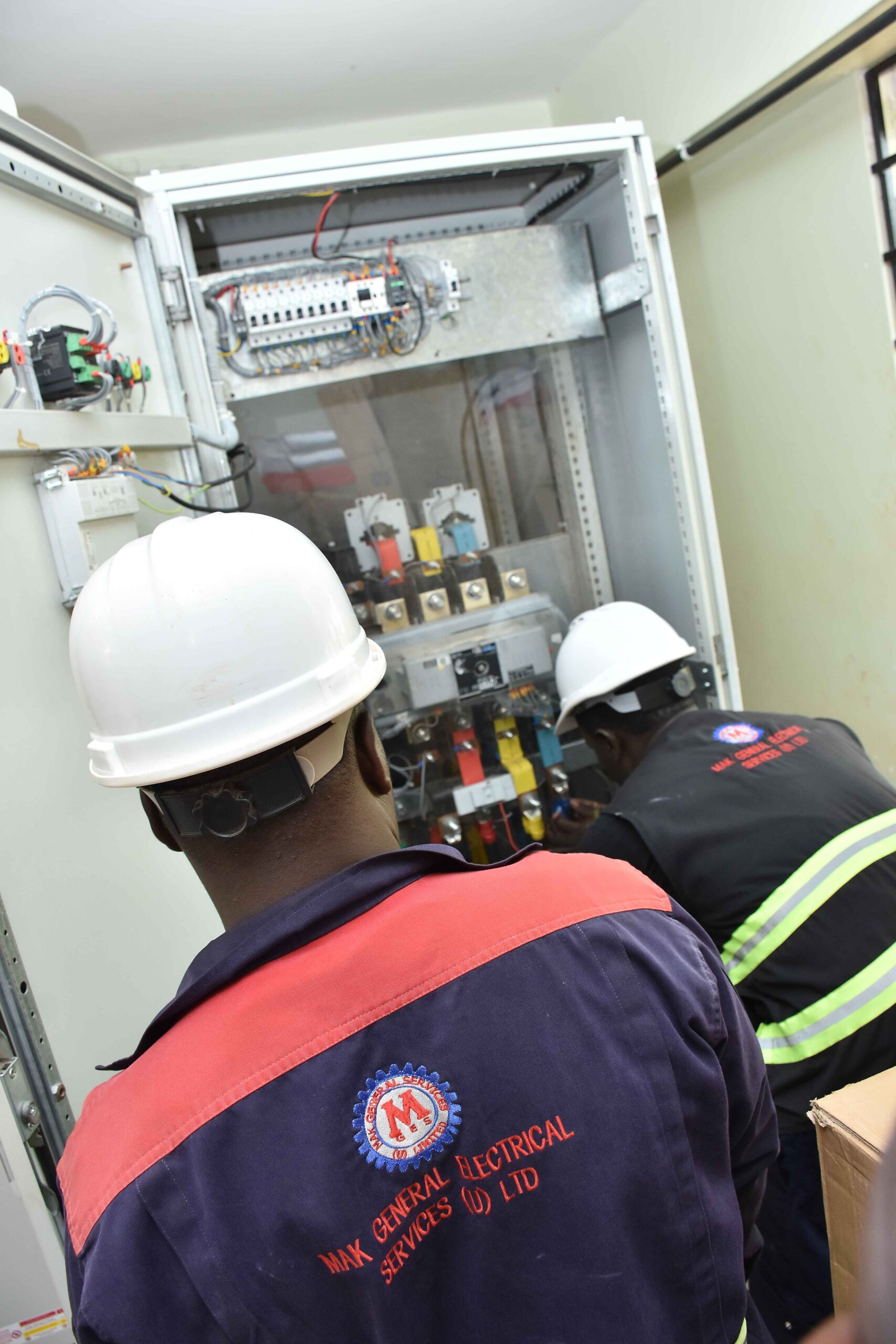MDAs Spend N3bn on Generators and Maintenance – Report

Federal Government's Expenditure on Diesel for Generators and Plant Maintenance
The Nigerian federal government has allocated a combined sum of N3.76 billion for diesel purchases and maintenance of generators and plants over a two-year period. This figure is derived from detailed Treasury payments tracked by GovSpend, a public finance monitoring platform managed by BudgIT. The funds have been used for direct diesel purchases, monthly refueling of large-capacity generator sets, and routine maintenance to ensure the continued operation of these facilities.
Notably, there was a significant reduction in expenditure in 2024 compared to 2023. In 2023, total payments specifically for generator fueling and maintenance reached N2.15 billion, while in 2024, this amount dropped to N1.61 billion, representing a decrease of N536.55 million or 25%.
Key Spenders and Their Spending Patterns
The Office of the Secretary to the Government of the Federation (OSGF) emerged as the largest single spender, committing approximately N706 million across the two years. The OSGF’s spending was characterized by precision, with repeated orders of 6,000 to 10,000 liters at a time for different generator banks serving various sections of the Shehu Shagari Complex. These included 400KVA, 750KVA, and 1,000KVA generators.
Individual contracts typically ranged between N16.4 million and N17.5 million per batch during 2023 and 2024. Following the OSGF, the Nigerian Defence Academy spent around N639 million over the same period. Monthly fuel charges in 2023 averaged about N10.56 million, with maintenance costs hovering near N17.60 million. By 2024, these figures increased to N15.70 million for fuel and N21.99 million for maintenance.
The Economic and Financial Crimes Commission (EFCC) also featured prominently, with roughly N635.5 million spent over the two years. Most of its expenditure occurred in December 2023, when the commission allocated N500 million to settle outstanding diesel bills for generators and an additional N44 million as a deposit for headquarters, the Academy, and the Abuja Zone. In 2024, there was an internal reclassification of N86.50 million to operations for "generator fuelling," indicating that the need for diesel remained despite changes in accounting lines.
Police institutions were another major group of spenders, with total payments amounting to approximately N550 million over the two years. These included bulk deliveries to the Force Headquarters tanks at Louis Edet House in Abuja. For example, in 2023, the police booked N82.21 million for 90,000 liters and multiple batches of N34.98 million to N65.93 million for 40,000 liters. In 2024, further consignments of 40,000 liters were delivered throughout the year.
Other Agencies and Their Contributions
Other agencies also contributed significantly to the overall expenditure. The National Primary Health Care Development Agency incurred substantial maintenance costs in 2023 to keep vaccine cold-chain generators operational at the National Strategic Cold Store and six zonal stores. Similarly, the Federal Ministry of Justice, the Federal Ministry of Works, and the Office of the Surveyor-General frequently procured diesel for headquarters generators, often in tranches of 15,000 liters and 7,000 liters.
The National Identity Management Commission cleared arrears for generator maintenance services, while the Office of the Head of the Civil Service paid for general servicing at the Secretariat. Many entries in the ledger only mentioned "generator fuel cost" or "maintenance," but a significant subset specified quantities. Summing all such entries reveals that the ministries, departments, and agencies (MDAs) purchased at least 982,000 liters of diesel over the two years.
This figure is conservative, as it excludes dozens of payments where the quantity was not explicitly stated. However, it provides a clear indication of the scale of captive generation in the public sector.
Specific Examples of Fuel Consumption
The OSGF alone accounted for an estimated 310,000 liters of diesel between 2023 and 2024, ordered in regular batches of 6,000 to 10,000 liters for different wings and KVA ratings at the Shehu Shagari Complex. The Police, combining one 90,000-liter supply with six separate 40,000-liter drops to Force Headquarters, logged about 330,000 liters over the period.
Other agencies also had notable fuel consumption. The Federal Ministry of Justice booked multiple 15,000-liter deliveries in 2023 and 10,000-liter consignments in 2024, totaling roughly 110,000 liters. Universities like the University of Lagos and the University of Benin also contributed, with the former taking 45,000 liters in December 2024 and the latter procuring 4,500 liters for its central power station in mid-2023.
Other explicit quantities include the Federal Road Maintenance Agency placing several 7,000–7,250-liter orders for headquarters sets; SHEDA Science and Technology Complex recording successive deliveries of 13,333 liters alongside an 11,000-liter drop; the National Merit Award paying for 1,680 liters per quarter across three quarters of 2024; and the Federal College of Education (Technical), Keana, taking 5,500 liters.
Broader Implications and Calls for Change
Captive generation remains a critical component of how the federal government maintains the functionality of offices, courts, laboratories, classrooms, and cold rooms. Despite a one-quarter reduction in the 2024 bill, the breadth and frequency of spending indicate that generator-based power remains a significant part of the cost of governance.
By share of the two-year total, the OSGF’s N706 million represents roughly 19%, the Nigerian Defence Academy’s N639 million accounts for about 17%, the EFCC’s N635.5 million makes up about 17%, and the Police institutions’ N550 million constitutes around 15%. The remaining third is spread across health, works, education, and research agencies that still rely on off-grid solutions.
In response to the growing reliance on diesel generators, the House of Representatives urged the federal government to adopt renewable energy solutions in its MDAs to reduce energy-related expenditures. The House mandated the Committee on Renewable Energy to ensure implementation, emphasizing the need to address Nigeria’s unreliable power supply and high operational costs associated with fossil fuels. It also highlighted concerns about the environmental impact of diesel generators and their contribution to greenhouse gas emissions, which undermine Nigeria’s climate commitments.

Comments
Post a Comment